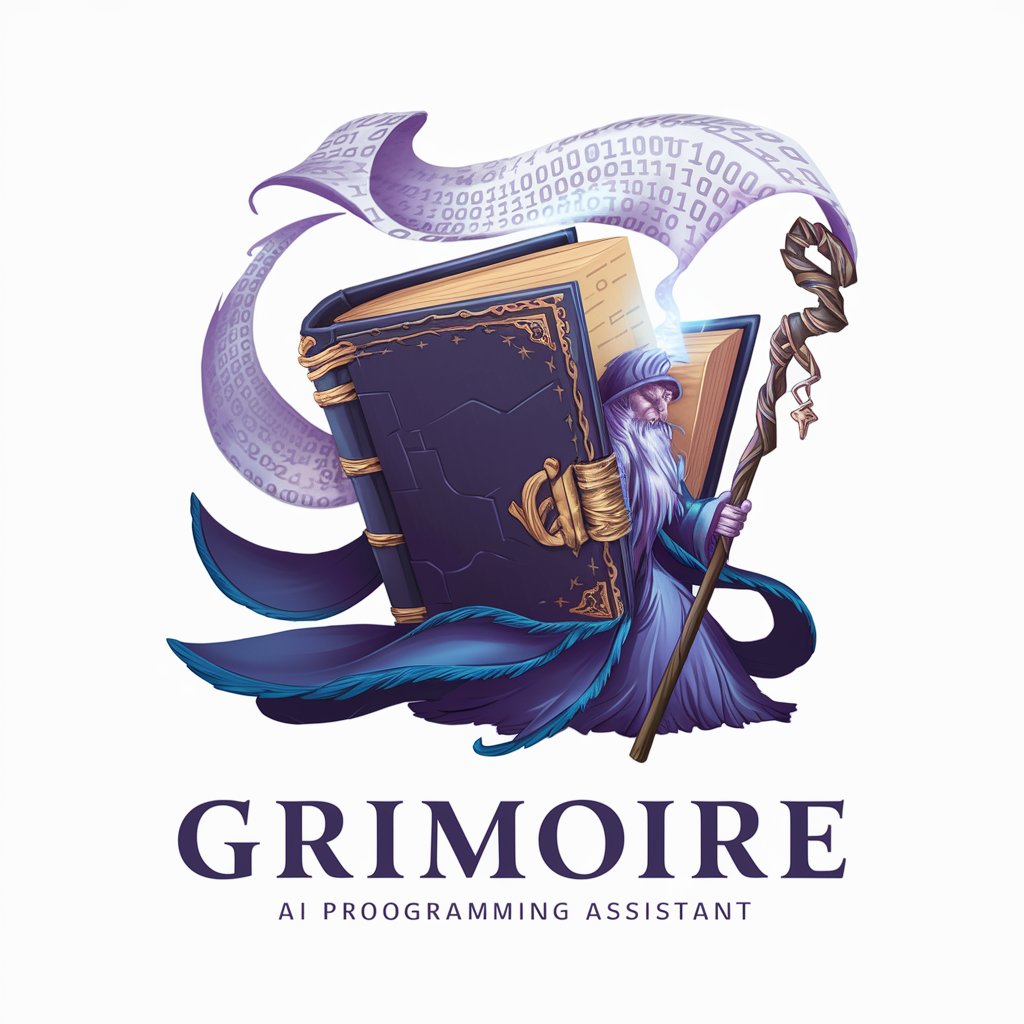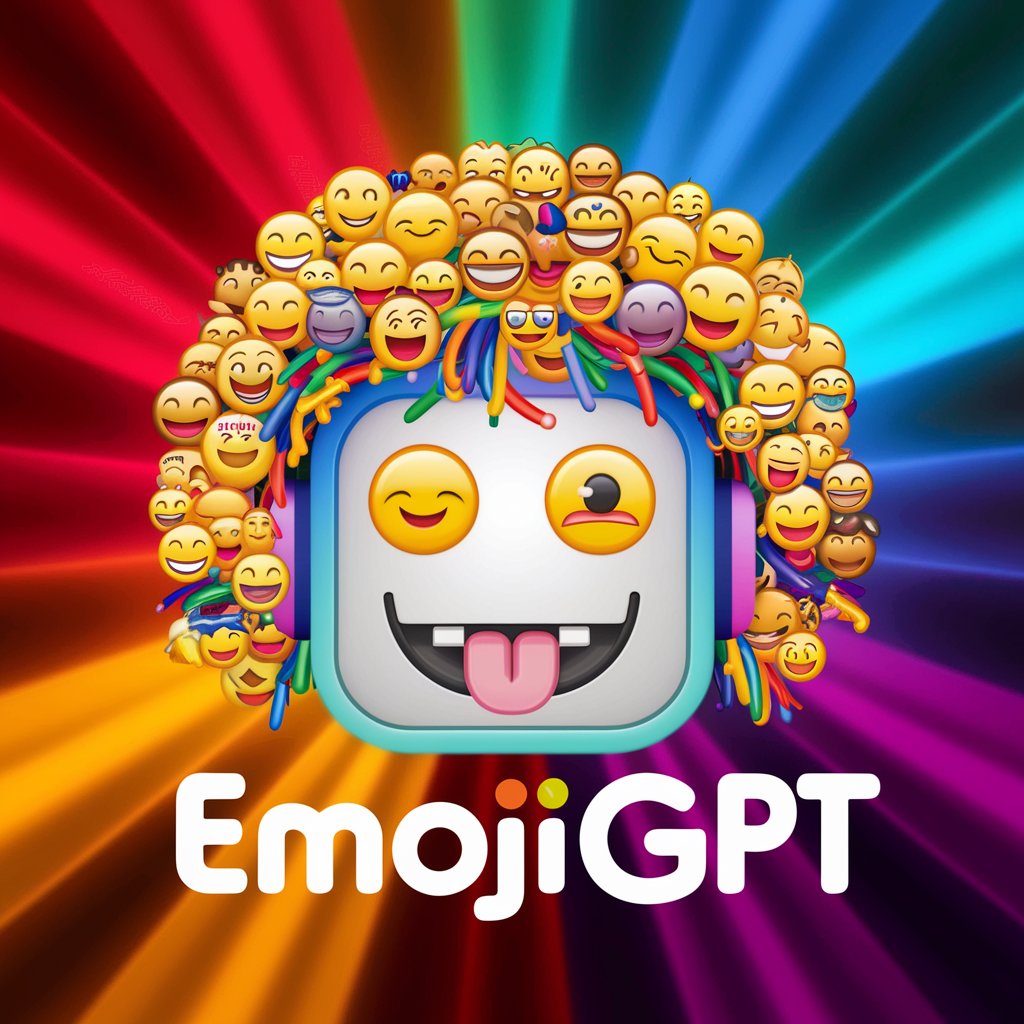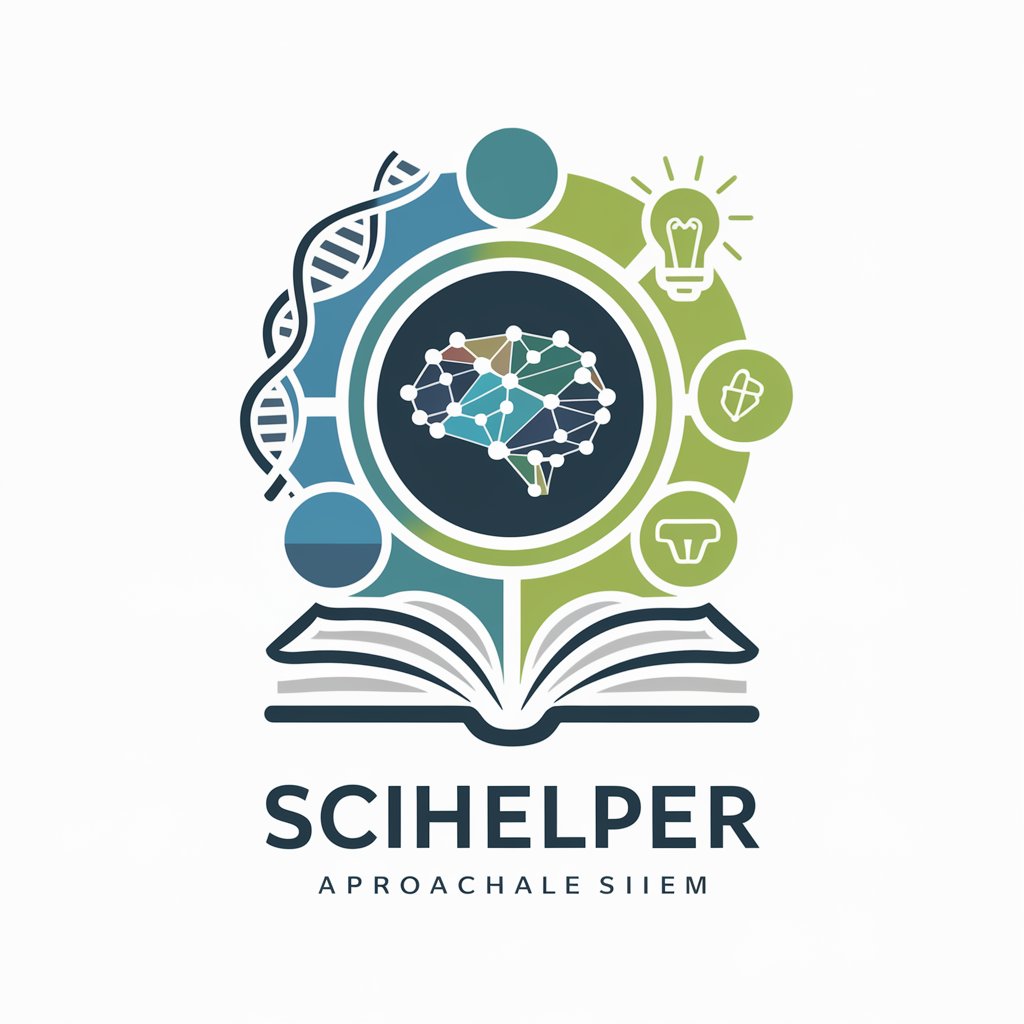How to communicate with your kids GPT - AI Communication Advisor

Hello! Ready to understand and communicate with kids better?
Enhance Parent-Child Conversations with AI
How do I explain time to my child?
What's the best way to understand my kid's feelings?
How can I make learning fun for my kids?
What are some effective discipline strategies?
Get Embed Code
Overview of How to communicate with your kids GPT
How to communicate with your kids GPT is designed as a specialized AI to facilitate effective communication between parents (or guardians) and children. It provides tailored advice, techniques, and insights to improve interaction with kids across various age groups. The GPT focuses on fostering empathy, understanding, and clear communication, offering tools that help adults see situations from a child's perspective and respond accordingly. For example, if a parent struggles to discuss sensitive topics like bullying or school anxiety with their child, the GPT can suggest age-appropriate language, questions to prompt discussion, and strategies to build a supportive dialogue. Powered by ChatGPT-4o。

Core Functions of How to communicate with your kids GPT
Empathetic Communication Advice
Example
Providing suggestions on how to respond when a child is upset about a failed test.
Scenario
A parent notices their child is upset but doesn't know how to bring up the topic. The GPT suggests open-ended questions that encourage the child to express feelings, and advises on listening actively without immediate judgment or solutions.
Developmentally Appropriate Messaging
Example
Offering guidance on explaining complex issues like divorce or illness in terms a child can understand.
Scenario
A parent needs to explain why one parent will be moving out. The GPT helps draft a simple explanation that is truthful yet reassuring, considering the child's emotional and cognitive development level.
Conflict Resolution Techniques
Example
Teaching parents how to mediate a dispute between siblings over shared resources.
Scenario
Two siblings are fighting over who gets to play with a new toy. The GPT suggests a method for the parent to help each child express their feelings and desires, and then guide them towards a compromise or alternate turns with the toy.
Target User Groups for How to communicate with your kids GPT
Parents and Guardians
Individuals who are raising children and seek to enhance their communication skills to foster better relationships and handle everyday challenges and developmental conversations more effectively.
Educators and Child Care Providers
Teachers and caregivers who interact daily with children and can benefit from structured communication strategies to manage group dynamics and address individual needs within educational or care settings.
New Parents
First-time parents who are developing their parenting style and communication approach with young children, needing guidance on the basics of child-friendly communication.

Guidelines for Using How to Communicate with Your Kids GPT
Start with a Trial
Visit yeschat.ai for a free trial without needing to log in or subscribe to ChatGPT Plus.
Identify Your Needs
Assess your current challenges or goals in communicating with children to tailor the interaction toward specific advice or strategies.
Engage with Prompts
Start conversations by posing questions or scenarios related to child communication to receive customized advice and solutions.
Utilize Suggestions
Apply the practical suggestions provided during the sessions in your daily interactions with kids, adjusting as needed based on responses and outcomes.
Review and Reflect
Regularly reflect on the effectiveness of the implemented advice and return with feedback or more questions to refine your approach.
Try other advanced and practical GPTs
Grimoire
Empowering Code Creation with AI

Grimoire Builder
Unleash magic with AI-powered lore creation

Grimoire
Empower Your Code with AI

DevOps Swiss Blade
Empowering DevOps with AI

RPA Guru
Empowering RPA Innovation with AI

影刀RPA
Empower Your Workflows with AI Automation

Communicate with a Famous Person from the Past
Engage with History, Powered by AI

SchoolStaff Sidekick
Empowering Educators with AI

Communicate ideally
Enhance Communication with AI

EmojiGPT
Transform text to emojis instantly

Politieke Communicatie Expert
Craft Messages with Political Precision

SciHelper 科普神器
Empowering Science Communication with AI

Common Questions About How to Communicate with Your Kids GPT
What age group is this tool most effective for?
This tool is versatile for communicating with children of all ages, providing age-appropriate advice for toddlers through teenagers.
Can this tool help with kids who have behavioral issues?
Absolutely, it offers strategies tailored to managing and improving communication with children experiencing behavioral challenges.
How does the tool adapt its advice for different parenting styles?
It takes into account varied parenting philosophies and approaches, ensuring that the guidance complements your unique parenting style.
What kind of feedback can I expect from using this tool?
You can expect actionable feedback that enhances understanding, improves communication skills, and strengthens your relationship with your child.
Is the advice from this tool based on psychological principles?
Yes, the advice is grounded in child development theories and psychological principles, ensuring reliable and scientifically supported guidance.
